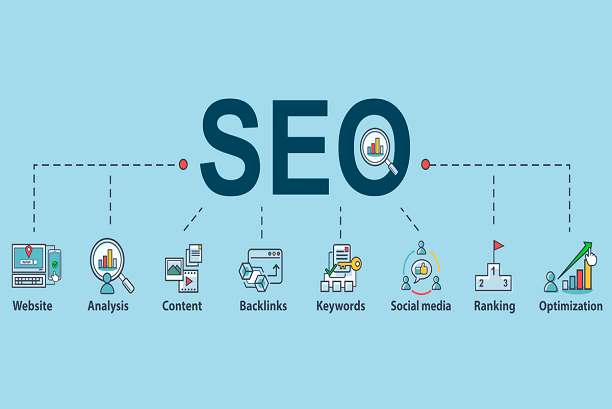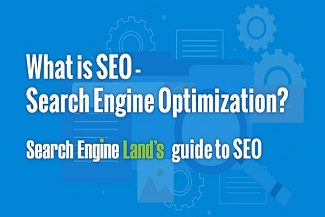A Step-by-Step GuideSearch engine optimization (SEO) is a crucial aspect of digital marketing that can help improve your website’s visibility and attract more organic traffic. By optimizing your website for SEO, you can ensure that your content ranks higher on search engine results pages (SERPs) and reaches a wider audience. In this step-by-step guide, we will explore some key strategies for optimizing your website for SEO.
Conduct Keyword ResearchThe first step in optimizing your website for SEO is to conduct thorough keyword research. This involves identifying the keywords and phrases that your target audience is using to search for relevant content. By including these keywords in your website’s content, you can increase its relevance to search engines.
Optimize Your ContentOnce you have identified your target keywords, it’s time to optimize your website’s content. This involves incorporating your target keywords into your page titles, headers, meta descriptions, and body content. However, it’s important to avoid “keyword stuffing,” which can lead to penalties from search engines.
Improve Your Site StructureAnother important aspect of website optimization is to improve your site structure. This includes ensuring that your website’s pages are organized logically and that your URLs are optimized for search engines. Additionally, you should make sure that your website is mobile-friendly, as mobile optimization is becoming increasingly important for SEO.


Build High-Quality Backlinks
Backlinks are links from other websites that point to your website. Search engines consider backlinks to be a signal of the quality and relevance of your website’s content. Therefore, it’s important to build high-quality backlinks from reputable websites in your industry.
Monitor Your Analytics
Finally, it’s important to monitor your website’s analytics to track your SEO progress. This includes monitoring your website’s traffic, bounce rate, and conversion rate. By monitoring these metrics, you can identify areas for improvement and make data-driven decisions to optimize your website for SEO.
Optimizing your website for SEO is a crucial aspect of digital marketing that can help improve your website’s visibility and attract more organic traffic. By following these steps, you can ensure that your website is optimized for search engines and that your content reaches a wider audience. Remember to conduct thorough keyword research, optimize your content, improve your site structure, build high-quality backlinks, and monitor your analytics to continuously improve your website’s SEO.

